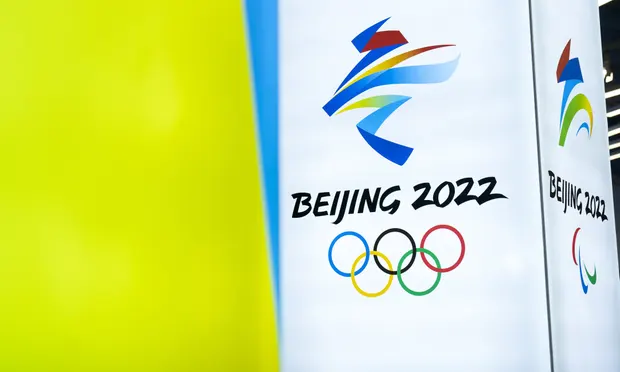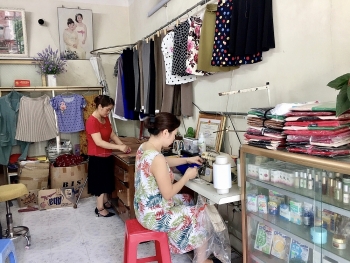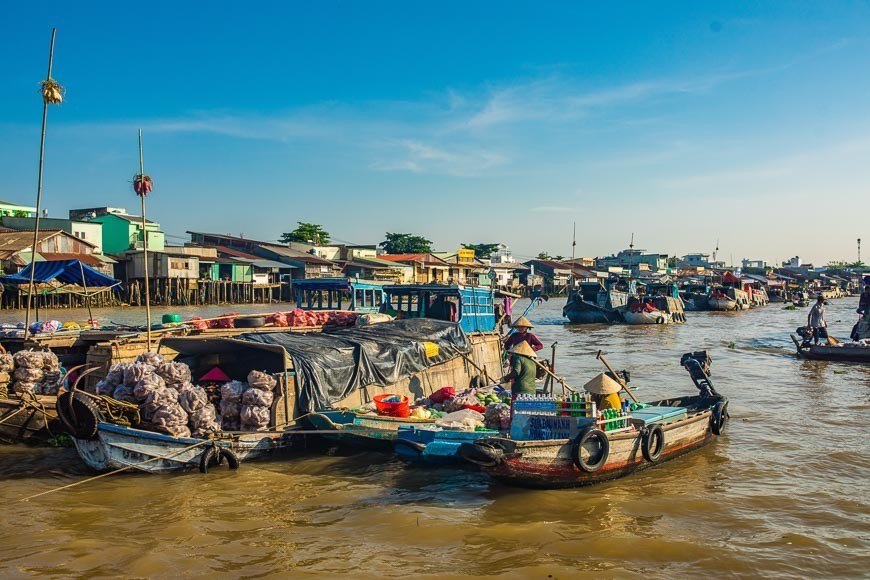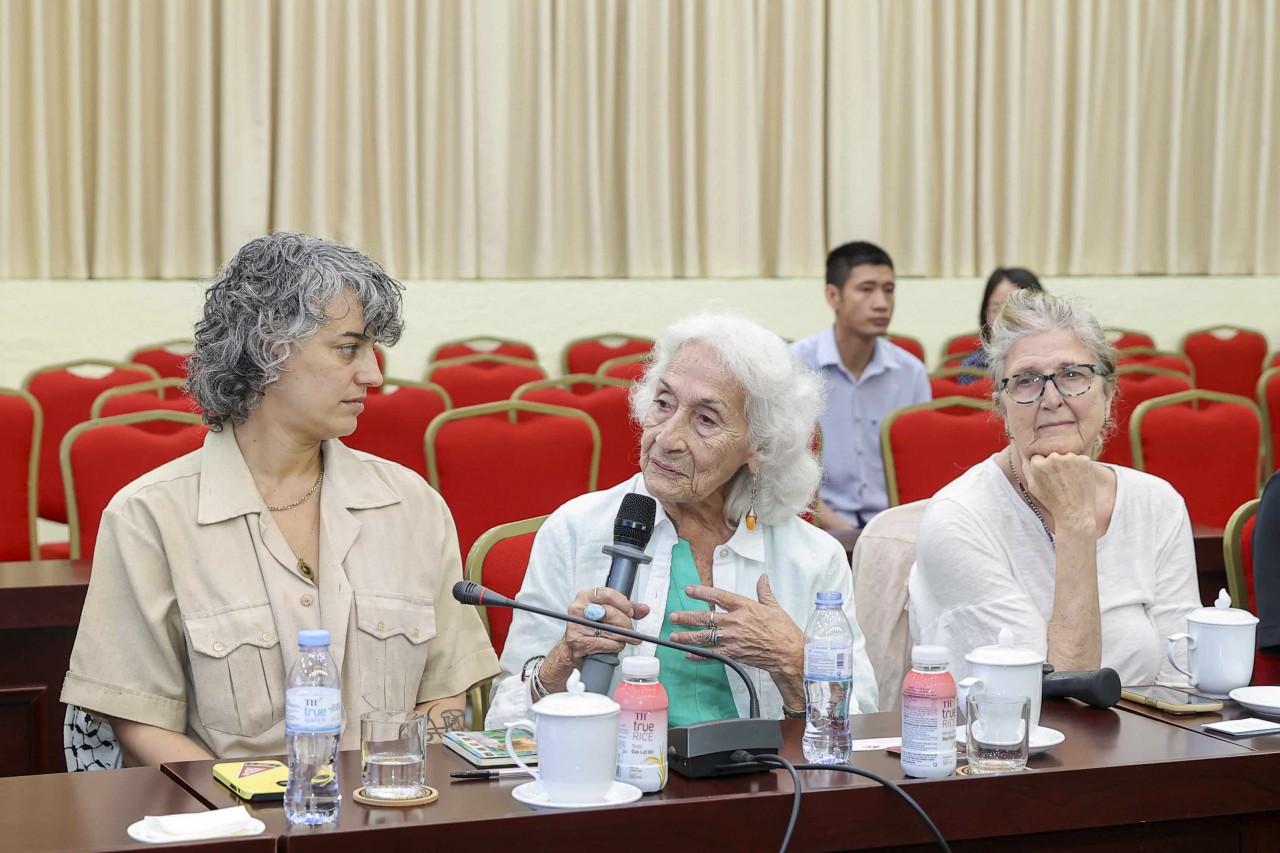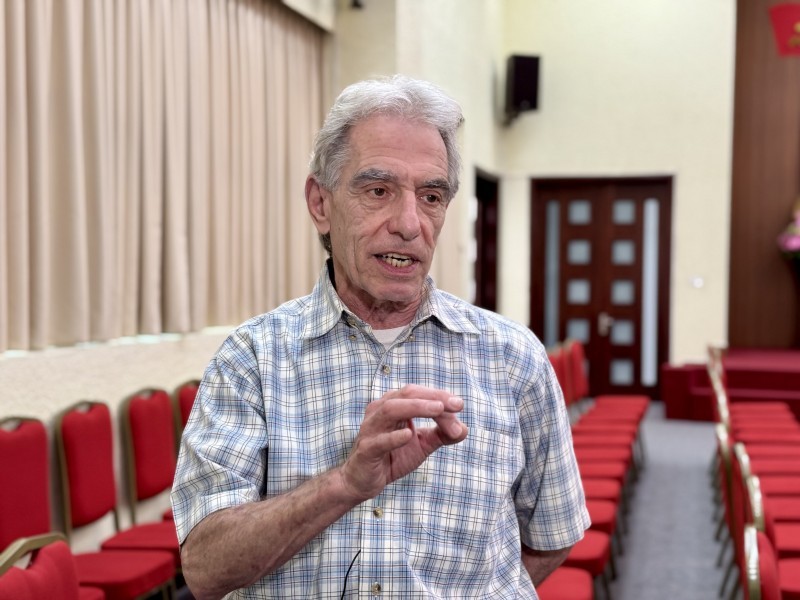Vietnam Joins in Promoting Human Rights: Ambassador to US
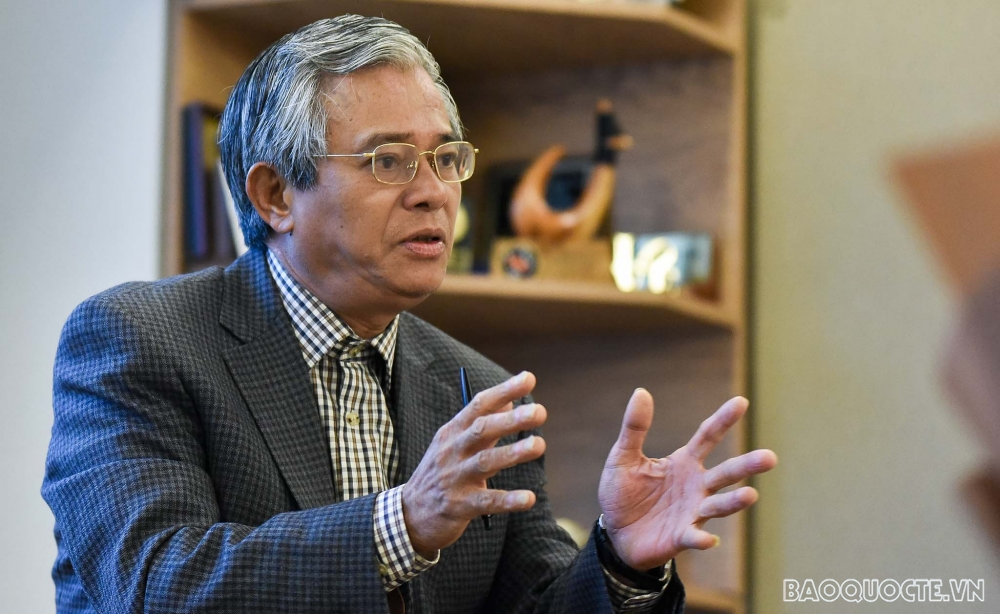 |
| Vietnamese Ambassador to the United Sates Pham Quang Vinh, also former deputy minister of Foreign Affairs, and leader of Vietnam's ASEAN senior official meeting delegation. Photo: WVR |
With the experience of being Vietnam's ASEAN SOM leader, what do you think about ASEAN unanimously nominating Vietnam to be a candidate for the United Nations Human Rights Council's member for the term 2023-2025? If elected, what should we focus on contributing to the community?
Throughout the development process, ASEAN has always focused on human rights. Since the drafting of the ASEAN Charter and the establishment of the ASEAN Community (Dec. 31, 2015), the members have overcome many differences in the perception of human rights.
In October 2009, through much cooperation and dialogue, ASEAN established the ASEAN Intergovernmental Commission on Human Rights (AICHR). From this milestone, ASEAN has made many strides in the awareness and practice of promoting human rights.
Since joining ASEAN in 1995, Vietnam has contributed ensuring peace, cooperation and development, as well as creating the best environment to promote human rights.
After more than 35 years of Doi Moi (reform), Vietnam has a lot of experience in harmonizing national responsibilities and contributing to the region and the world, which is highly appreciated by ASEAN. In addition, other countries also recognized Vietnam's achievements in joining the UN Human Rights Council for the 2014-2016 term, a non-permanent member of the UN Security Council.
If Vietnam is elected to the UN Human Rights Council with a term ending in 2025, it will also be time to celebrate and summarize a decade of forming the ASEAN Community. Certainly, the achievements from this term, in connection with other achievements of Vietnam in ASEAN cooperation, will contribute significantly to the summation of 10 years of the Community's formation as well as setting the vision after 2025.
With outstanding development, domestic human rights achievements and international contributions in promoting human rights, Vietnam is confident enough to stand for election and fulfill its role as a member of the UN Human Rights Council.
Promoting and ensuring human rights is a development goal of all countries, but there are differences in views on human rights. You used to deal with difficulties from that difference during the time as Vietnam's Ambassador to the U.S. So in your opinion, if Vietnam is elected a member of the UN Human Rights Council, what should be paid special attention to properly handle international human rights issues?
There are two aspects to be considered: human rights issues in Vietnam-U.S. relations and international issues related to the two countries.
Firstly, the diplomatic relations between Vietnam and the United States are special, full of ups and downs but also showing great achievements. The two countries have reached important principles as the basis for promoting bilateral relations. In the process of cooperation, the US recognized Vietnam's 35-year achievements of Doi Moi, including innovation in the field of ensuring human rights.
However, the two countries still have different views on human rights. But the more integrated, the more Vietnam realizes the differences and these are not specific in relations with the United States but can be seen in relations with other countries.
The two countries have many dialogue channels to handle differences, share information, enhance mutual understanding and narrow differences in the direction of human rights advancement.
Second, it can be seen that Vietnam has cooperated with many countries, including the United States, in handling international human rights issues. In February 2021, the United States decided to return to the UN Human Rights Council, which was a notable change.
Vietnam is consistent in its policy of integration, but it is necessary to carefully recognize the changes of partners to cooperate in the field of human rights. If Vietnam joins with the United States and other countries to solve international human rights issues, it will contribute to the country's position and prestige.
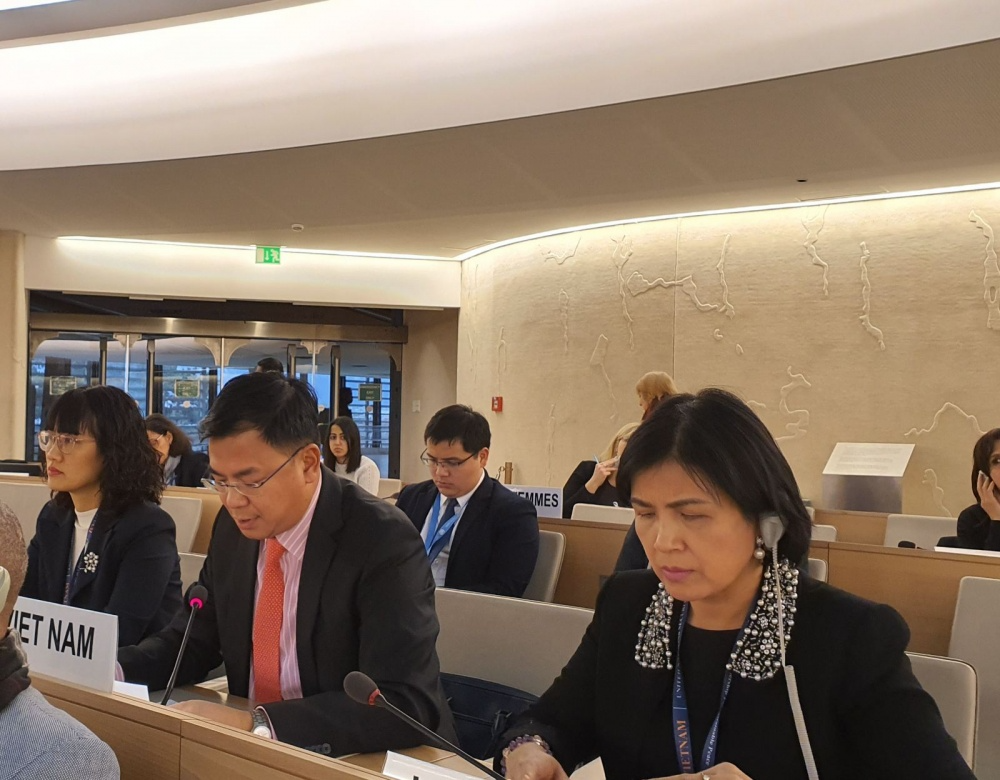 |
| Former Assistant to Foreign Minister Pham Quang Hieu attended the 43rd Session of the UN Human Rights Council on June 2020. Photo: vnmission-geneva.mofa.gov.vn |
As an experienced diplomat, can you give advice on Vietnam's priorities if elected as a member of the UN Human Rights Council?
The UN Human Rights Council is a global agency for the promotion of human rights, and if elected, Vietnam will have to participate extensively in many fields from politics, economy and society. I think that Vietnam has effectively participated in major global programs and international conventions on the promotion of human rights.
Wars and conflicts are always concerned because they still happen every day in many parts of the world, constantly posing urgent requirements for the protection of human rights. If Vietnam is elected to the UN Human Rights Council, it should regularly pay attention to the world's human rights situation.
In the coming time, Vietnam needs to focus on the joint cooperation of the United Nations for the people-centered development, "leaving no one behind." Vietnam needs to continue promoting the achievements of cooperation and exploiting new areas in ensuring equality and equity in development, enhancing education and creating jobs.
In dealing with specific human rights issues, Vietnam needs to have a fair, objective approach and have a thorough look at the universal human rights values of the world and the particularities of each country. Vietnam should not use human rights issues to interfere in internal affairs, and at the same time cannot accept actions that lead to human rights violations.
If elected as a member of the Human Rights Council, especially when participating in the settlement of sensitive issues, Vietnam's job is to cultivate and promote consensus when other countries have different views.
Becoming a member of the UN Human Rights Council is not an easy task, can you share some suggestions for Vietnam to perform well if elected?
First, Vietnam needs to continue to promote the values that have contributed to the progress of human rights of mankind, on the basis of experience in building the country and the ASEAN Community. Vietnam needs to stick to the goal of "leaving no one behind" in all aspects of social life, especially the protection of the vulnerable in wars and conflicts, as well as cooperation in the development of human rights.
Second, in the context of the world's fight against Covid-19, Vietnam can contribute experiences and initiatives to ensure human rights during and after the pandemic. Our Party and the government have wisely set a "dual goal" to ensure people's livelihoods and effectively fight the pandemic, with particular focus on vulnerable groups.
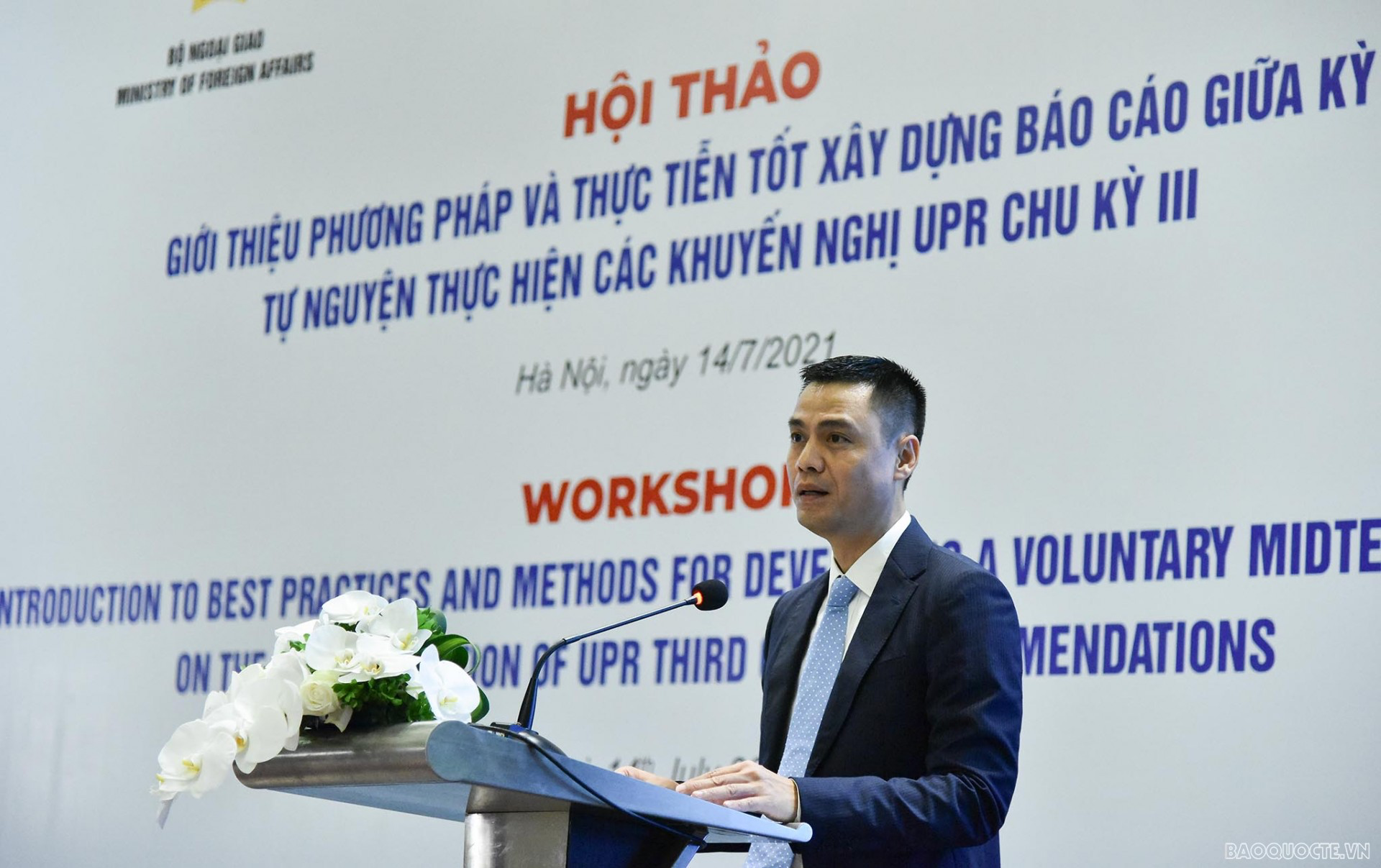 |
| Deputy Minister of Foreign Affairs Dang Hoang Giang spoke at the conference. Photo: WVR |
Third, Vietnam can innovate on initiatives in areas such as environment and digital transformation, in which there are initiatives and experiences to cope with the impact of climate change on the Mekong Delta, such as combating rising sea levels, converting crops and developing mangroves.
Vietnam needs to promote parties to awaken the potential of the young, ensure equity in digital access, conduct education, and orientate careers in the context of rapid digital transformation.
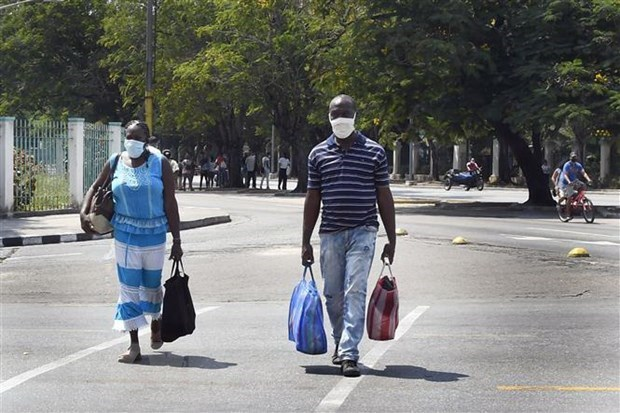 | Vietnam Calls on US to Lift Embargo on Cuba Vietnam calls on the US to end hostile policy and unilateral economic and financial embargo on Cuba. |
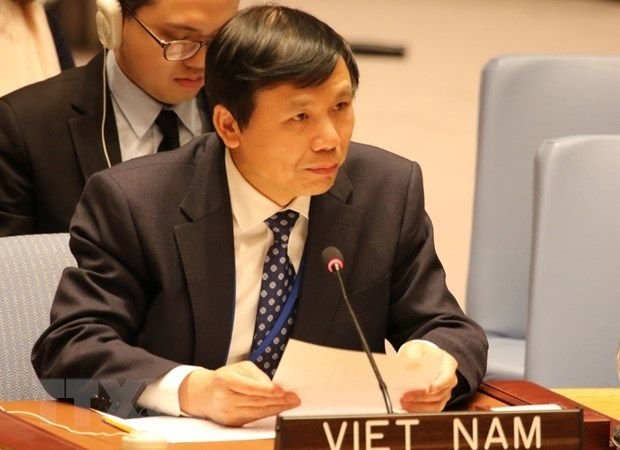 | Vietnam affirms support to comprehensive political solution in Libya at UNSC meeting Ambassador Dang Dinh Quy, Permanent Representative of Vietnam to the United Nations, has welcomed recent positive developments in politics and security in Libya, and affirmed ... |
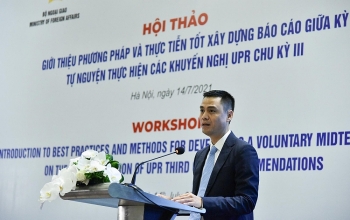 | UN Applauds Vietnam’s Efforts in Human Rights Protection, Promotion UNDP commends Vietnam for undertaking the first voluntary UPR midterm report, further demonstrating its commitments to multilateralism and rule of law. |
Recommended
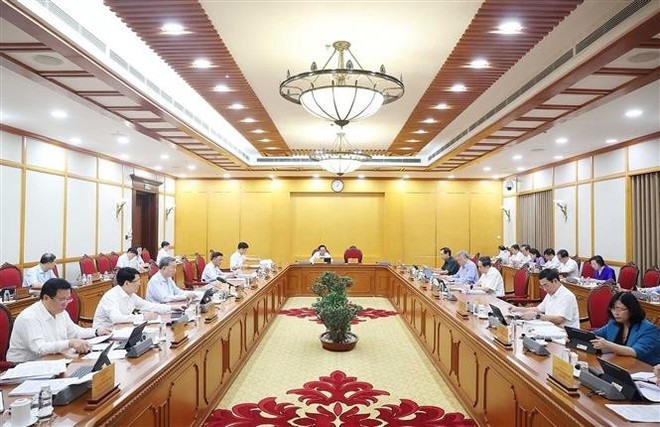 National
National
Vietnam News Today (Jun. 7): Prime Minister works with Estonian firms to accelerate projects in Vietnam
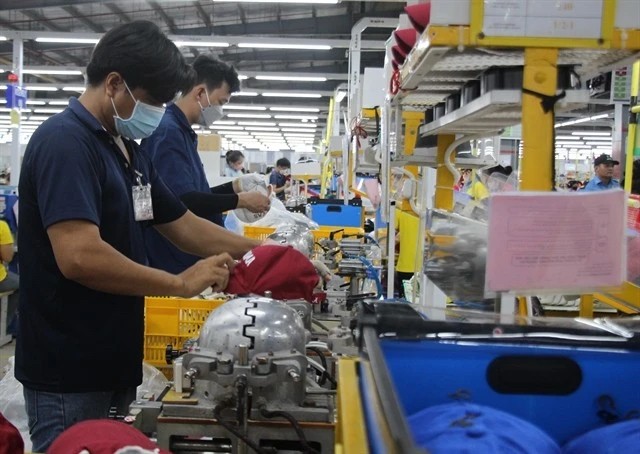 National
National
Vietnam News Today (Jun. 6): Foreign Investment in Vietnam Surges in Five Months
 National
National
Vietnam News Today (Jun. 5): PM sets off for attendance at UNOC 3 in France, official visits to Estonia, Sweden
 National
National
Vietnam News Today (Jun. 4): Vietnam - Promising Candidate for Southeast Asia’s Next Powerhouse
Popular article
 National
National
Shangri-La Dialogue 22: Vietnam Highlights Some Issues of Ensuring Stability in a Competitive World
 National
National
Vietnam News Today (Jun. 3): PM Pham Minh Chinh to Attend UN Ocean Conference, Visit Estonia, Sweden
 National
National
Vietnam News Today (Jun. 2): Vietnamese Trade Mission Sounds Out Business Opportunities in United States
 National
National

